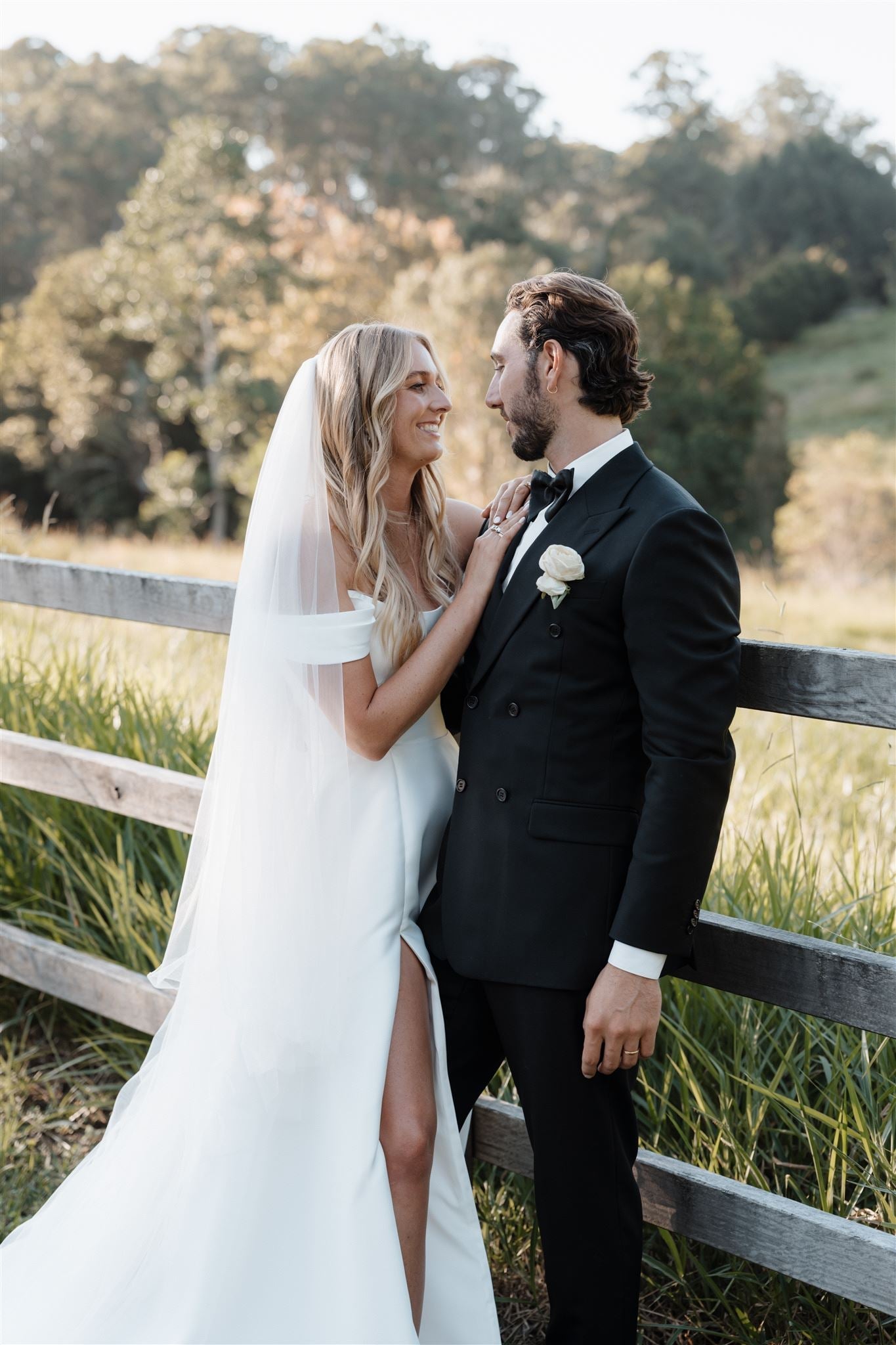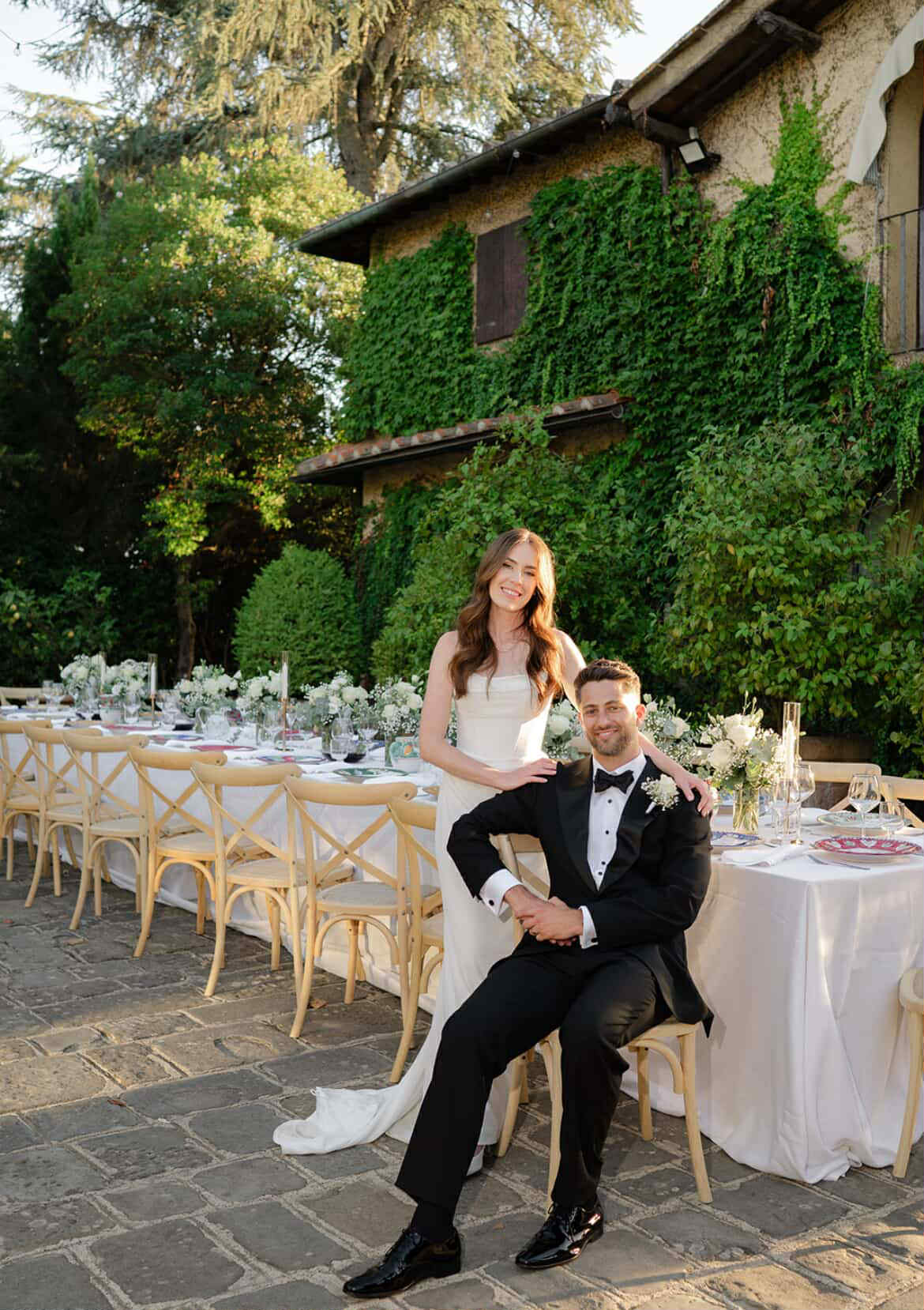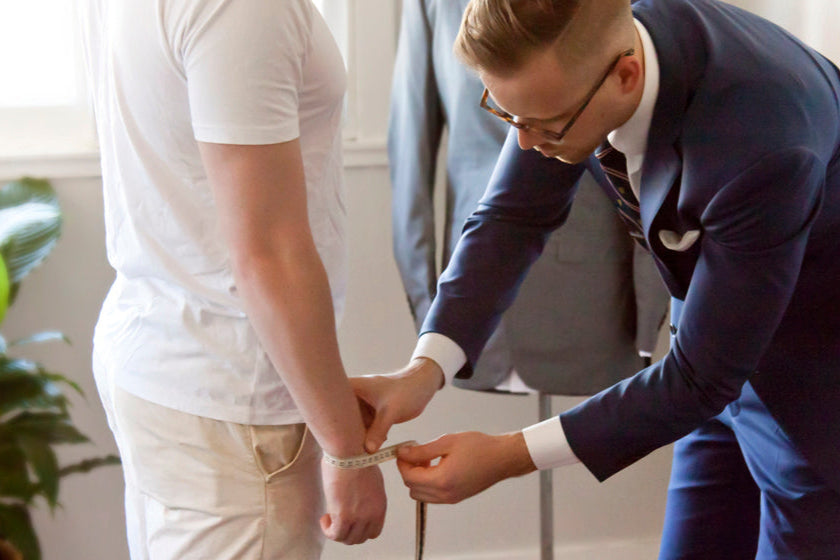
The Three Great Suit Cuts: English, Italian, and American — and How Suit Society Blends the Best of Each
When it comes to men’s tailoring, few topics spark more debate than the cut of a suit. A man’s suit isn’t merely a uniform — it’s a statement of style, culture, and craftsmanship. The way a suit drapes, the line of the shoulders, the shape through the waist, even the length of the jacket — all of these details stem from regional tailoring traditions that have evolved over centuries.
Three of the most influential schools of tailoring — the English cut, the Italian cut, and the American cut — each represent a distinct philosophy of style and construction.
At Suit Society, we understand that every man’s body and personal aesthetic is unique. That’s why our approach to tailored suits combines the structured heritage of British craftsmanship with the effortless softness of Italian design, finished with modern Australian sensibility.
In this guide, we’ll explore each of these legendary tailoring traditions, what sets them apart, and how we bring the best of all worlds together in our custom and wedding suits.
The English Cut: Structure, Discipline, and Drape
If Savile Row is the heart of classic tailoring, then the English cut is its enduring legacy. Known for its structured silhouette, clean lines, and formal presence, the English cut has shaped generations of suits worn by royalty, statesmen, and style purists alike.
Key Characteristics of the English Cut
-
Strong, Defined Shoulders
The English suit is built around structure. Tailors traditionally pad and shape the shoulders to create a square, commanding frame — projecting confidence and poise. -
A Suppressed Waist and Hourglass Shape
The jacket tapers sharply through the waist to accentuate the chest and shoulders, producing a classic masculine V-shape. This contouring is achieved through careful darting and panel work — the foundation of fine tailoring. -
Longer Jacket Lengths
English jackets typically run slightly longer, extending just below the seat. This proportion elongates the body and creates a more elegant line — ideal for formal settings and traditional suiting. -
Heavier Fabrics and Drape
British cloths — think worsted wools, flannels, and tweeds — are known for their weight and structure. These fabrics hang beautifully, maintaining clean vertical lines that resist wrinkling and emphasize formality. -
Double Vents
The hallmark of Savile Row is the double vent. It not only allows ease of movement but keeps the jacket’s shape when sitting — a subtle yet critical detail of English design.
The Drape Cut
Within the English tradition lies a unique sub-style known as the Drape Cut, made famous by tailors like Frederick Scholte and Anderson & Sheppard.
This cut introduces extra cloth in the chest and back to allow a natural, almost sculptural shape that moves with the wearer — creating softness within structure. It’s what makes the English suit feel simultaneously authoritative and comfortable.
When to Choose an English Cut Suit
If you appreciate timeless elegance, boardroom confidence, or formal refinement, the English cut delivers. It’s perfect for professional wear, black-tie events, and wedding suits where tradition meets tailored perfection.
The Italian Cut: Fluidity, Flair, and Effortless Style
Where the English cut values discipline, the Italian cut champions expression. Born under Mediterranean skies, Italian tailoring is about lightness, ease, and movement — a reflection of a lifestyle that values beauty and comfort in equal measure.
Key Characteristics of the Italian Cut
-
Soft, Natural Shoulders
Unlike the structured English shoulder, the Italian approach is famously “spalla camicia” — literally, “shirt shoulder.” There’s little or no padding, allowing the fabric to roll naturally and hug the body for a relaxed look. -
Shorter Jackets and Slimmer Fit
Italian jackets tend to be shorter and trimmer, with higher armholes for greater mobility. The result is a youthful, modern silhouette that flatters without feeling restrictive. -
Lightweight Fabrics
In contrast to British flannel, Italian mills favour lightweight wools, silks, and linen blends that breathe beautifully in warm climates. The cloth drapes naturally and follows the body’s movement. -
Minimal Structure and Canvas
Many Italian suits use a lighter canvas or even go unstructured, allowing a sense of fluidity. The absence of rigid construction makes the suit feel more like a second skin. -
Single Vent or Ventless Back
The minimalist approach extends to the back — often a single vent or none at all — keeping lines uninterrupted and emphasizing simplicity.
Regional Italian Styles
-
Neapolitan tailoring is the softest and most romantic — unpadded shoulders, generous lapels, and high armholes.
-
Milanese suits are more polished and architectural, with subtle structure and clean finishing.
-
Roman tailoring bridges the gap — trim yet formal, reflecting the city’s diplomatic heritage.
When to Choose an Italian Cut Suit
If your personal style leans toward modern, relaxed elegance, or you want a suit that transitions effortlessly from office to evening, the Italian cut is your ally. It’s also ideal for Australian climates where breathability and comfort matter as much as style.
The American Cut: Comfort and Utility
Born in the 20th century for the modern working man, the American cut (sometimes called the “Sack Suit”) reflects practicality above all else. It’s less about sharp tailoring and more about easy wearability — a democratic evolution of the suit.
Key Characteristics of the American Cut
-
Straight, Boxy Silhouette
The American suit hangs straight from the shoulders with little waist suppression. It’s more forgiving and comfortable for a wide range of body types. -
Natural Shoulder Line
Shoulders are lightly padded, providing shape without stiffness. This creates a relaxed, unpretentious look. -
Single Vent and Three-Button Jacket
Traditionally, the American cut favours a single vent and a higher, three-button stance — echoing mid-century Ivy League and business style. -
Softer Construction and Practical Fabrics
Easy-wear worsteds and cotton blends make it durable and low-maintenance — a suit built for everyday life.
When to Choose an American Cut Suit
The American cut appeals to those who prioritise comfort, versatility, and classic understatement. It’s a smart option for travel, business casual wear, and clients who prefer a looser drape without the bold shaping of English or Italian tailoring.
The Suit Society Approach: Blending Heritage with Modern Craft
At Suit Society, our philosophy bridges these three worlds — taking the best of each tradition and refining it for the modern Australian gentleman.
The English Foundation: Length and Proportion
We draw on the English cut’s sense of proportion — slightly longer jackets that create a balanced, flattering line. This elongates the body and gives our suits a timeless, formal presence — perfect for wedding suits or business wear.
The Italian Influence: Softness and Natural Shape
From Italy, we borrow the soft shoulder and gentle taper. This allows the jacket to drape naturally, following your body rather than forcing it into shape. The result is a tailored suit that feels effortless to wear while maintaining polish and poise.
The American Ease: Modern Comfort
From the American tradition, we take the spirit of ease — suits that move with you, breathe with you, and adapt to your day. Every custom suit we make is designed with lifestyle in mind: light canvassing, flexible construction, and fabrics chosen for the Australian climate.
The Australian Refinement
Finally, we reinterpret these elements through our distinctly Australian perspective — relaxed, confident, and understatedly refined. Our clients want a suit that performs in the boardroom, looks sharp at weddings, and feels effortless on any occasion. That balance is our craft.
Understanding Drape, Structure, and Shape
One of the most misunderstood aspects of tailoring is drape — the way fabric hangs and moves on the body.
-
The English drape emphasises controlled fullness — chest and back fabrics sculpted into elegant waves that flatter without constriction.
-
The Italian drape is minimal, following the body closely for a sleek, fluid line.
-
The American drape is looser, prioritising comfort and ease of motion.
At Suit Society, our approach to drape is balanced. We create subtle shape through the waist and chest, allowing movement without rigidity. It’s a drape that feels natural — never boxy, never tight — perfectly suited for modern life.
Choosing the Right Cut for You
The perfect suit cut depends on your body type, personal style, and intended use.
Here’s a quick reference:
| Feature | English Cut | Italian Cut | American Cut |
|---|---|---|---|
| Shoulders | Structured, padded | Soft, natural | Lightly padded |
| Waist | Tapered, fitted | Slim, fluid | Straight |
| Jacket Length | Longer | Shorter | Standard |
| Fabric Weight | Heavier wools | Light blends | Medium weight |
| Formality | High | Medium | Casual |
| Movement | Controlled | Flexible | Relaxed |
Still not sure which suits you best? Our tailoring experts can help you design a cut that balances your proportions, enhances your frame, and feels exceptional from day one.
Why Custom Tailoring Matters
No matter which cut inspires you, true elegance lies in fit.
Off-the-rack suits often mimic these regional styles, but without precise measurement and craftsmanship, the result can look awkward or generic.
At Suit Society, we take a bespoke approach — each suit is individually crafted to your exact measurements and preferences. From shoulder width and sleeve pitch to lapel width and trouser break, every element is refined to reflect you.
Our process ensures:
-
A silhouette that complements your build.
-
Fabric weight matched to your lifestyle and climate.
-
A cut that feels comfortable from your first fitting to your final button.
Whether you’re looking for a wedding suit, a refined business suit, or a modern custom suit, tailoring transforms good style into personal style.
How to Style Your Cut
Each suit cut also invites a unique styling approach:
-
English Cut: Pair with classic Oxford shoes, a crisp white shirt, and a silk tie. Ideal for formal events and professional settings.
-
Italian Cut: Works beautifully with loafers, lightweight shirts, and open collars. Perfect for spring weddings or business casual settings.
-
American Cut: Versatile with button-downs and knit ties — a polished yet relaxed ensemble for everyday wear.
At Suit Society, we offer complete styling consultations to help you choose not only your cut but also your fabric, lining, and accessories — ensuring your suit reflects your personality and occasion.
The Modern Gentleman’s Choice
The world’s finest tailors may have emerged from London, Naples, and New York, but today’s man isn’t confined by geography.
Modern tailoring is about balance — comfort and structure, heritage and innovation, tradition and individuality.
At Suit Society, we design suits that embody all three traditions while reflecting your lifestyle.
An English sense of form.
An Italian sense of ease.
An American sense of practicality.
All tailored, refined, and reimagined — the Suit Society way.
Ready to Experience the Perfect Blend?
Explore our collection of tailored suits or book a consultation today to create your own hybrid masterpiece — a suit that tells your story through craftsmanship, comfort, and confidence.
Visit
👉 https://suitsociety.com.au/pages/suits
and discover how tradition meets tailoring, only at Suit Society.



